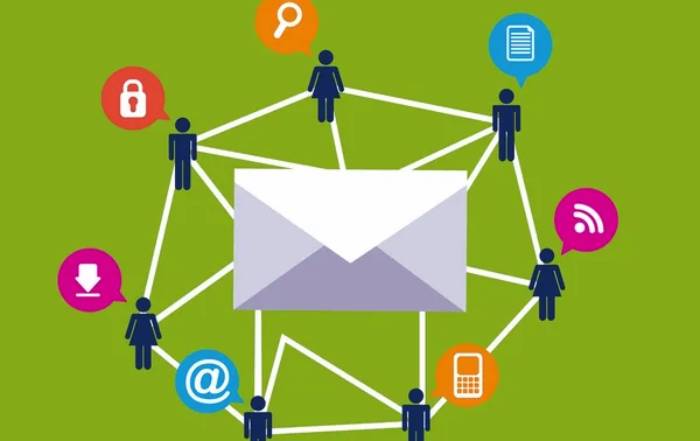SMTP Service Explained: How It Powers Your
Business Emails
In the current digital landscape, email continues to be a vital means of communication for organizations. Whether you're dispatching marketing initiatives, providing customer information, or facilitating internal discussions, it is imperative that your emails are transmitted effectively and securely. This is where the Simple Mail Transfer Protocol (SMTP) becomes essential. SMTP serves as the fundamental framework for email transmission, allowing messages to be sent from one server to another. In this article, we will examine the mechanics of SMTP, its significance in business communications, and its importance in enhancing your email processes. Visit www.duocircle.com for professional guidance and valuable insights.
What is SMTP?
SMTP, which stands for Simple Mail Transfer Protocol, serves as the primary protocol for transmitting emails over the internet. It establishes the guidelines and processes necessary for moving email messages between servers, guaranteeing their arrival in the recipient's inbox. While SMTP is exclusively utilized for sending emails, other protocols such as IMAP (Internet Message Access Protocol) and POP3 (Post Office Protocol) are employed for receiving them. Essentially, SMTP functions like an internet postman. When you click send on your email, SMTP takes charge by directing the message from your email server to that of the recipient, ensuring its secure and prompt delivery to the intended destination.

How Does SMTP Work?
SMTP works by following a series of steps to ensure email delivery:
- Sender’s Email Client: Upon dispatching an email, your chosen email client—be it Outlook, Gmail, or Apple Mail—establishes a connection with your designated email server, which may be a platform like Google Workspace or Office 365.
- SMTP Server Communication: The email server establishes a connection with the recipient's email server through the SMTP protocol. During this process, it verifies the sender's domain and examines any authentication measures, such as DKIM or SPF records, to confirm the legitimacy of the email.
- Routing the Email: If necessary, the email server directs the message through several intermediary servers, referred to as MX records. These servers play a crucial role in ensuring the secure delivery of the email to its intended recipient.
- Recipient’s Server: The email ultimately reaches the recipient's email server, where it is stored for access via IMAP or POP3, based on the recipient's configuration.
- Recipient’s Email Client: After the email is saved on the recipient's server, it is accessed by the email client for display.
Why Is SMTP Important for Business Emails?
SMTP is essential for businesses because it ensures reliable and secure email communication. Here’s how:
- Reliable Email Delivery: Email serves as a fundamental communication tool for businesses. From dispatching transactional messages to customers to facilitating internal correspondence, the reliable delivery of emails is essential. The Simple Mail Transfer Protocol (SMTP) offers a dependable infrastructure that guarantees your emails reach their intended recipients without being lost along the way.
- Spam Protection: SMTP servers play a crucial role in minimizing the likelihood of your emails being categorized as spam by implementing anti-spam protocols such as SPF, DKIM, and DMARC authentication. These measures authenticate the identity of email senders, thereby safeguarding your business communications from being mistakenly identified as phishing or spam.
- Scalability: SMTP services offer straightforward scalability to accommodate substantial email traffic. Whether you're dispatching a small number of messages or executing an extensive email marketing initiative, SMTP servers are engineered for high-volume performance. By utilizing an SMTP service, you can efficiently send bulk emails while maintaining optimal deliverability.
- Security: Beyond safeguarding your emails from being marked as spam, SMTP offers critical security functionalities. It employs TLS (Transport Layer Security) encryption to secure the content of your messages while in transit, thereby preventing unauthorized access and ensuring the confidentiality of your sensitive business communications.
- Analytics and Tracking: SMTP services frequently provide functionalities that enable organizations to monitor the effectiveness of their email communications. By analyzing metrics such as open rates and bounce rates, these insights facilitate a deeper understanding of your email campaigns' performance, allowing for enhancements in future outreach efforts.
